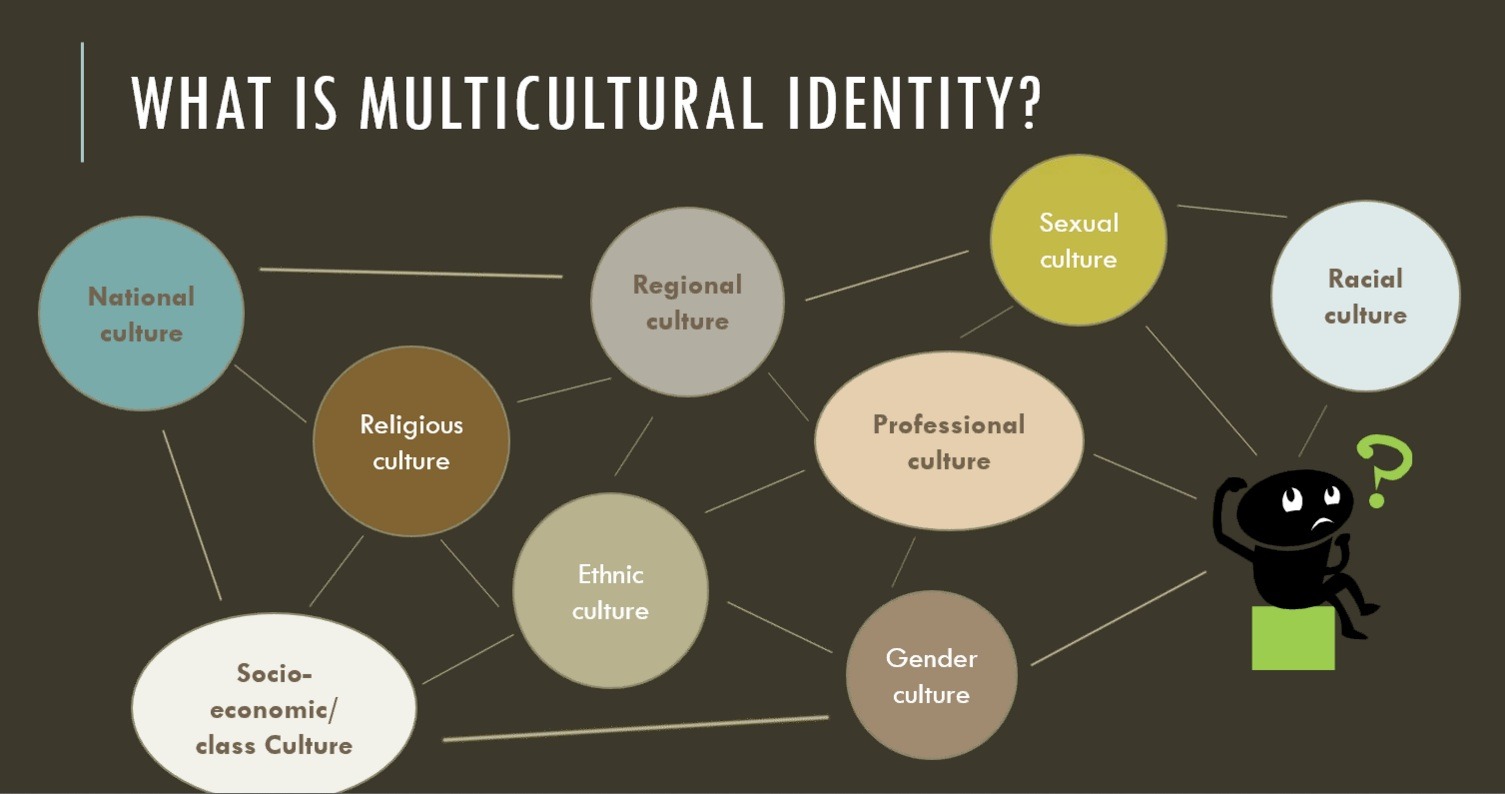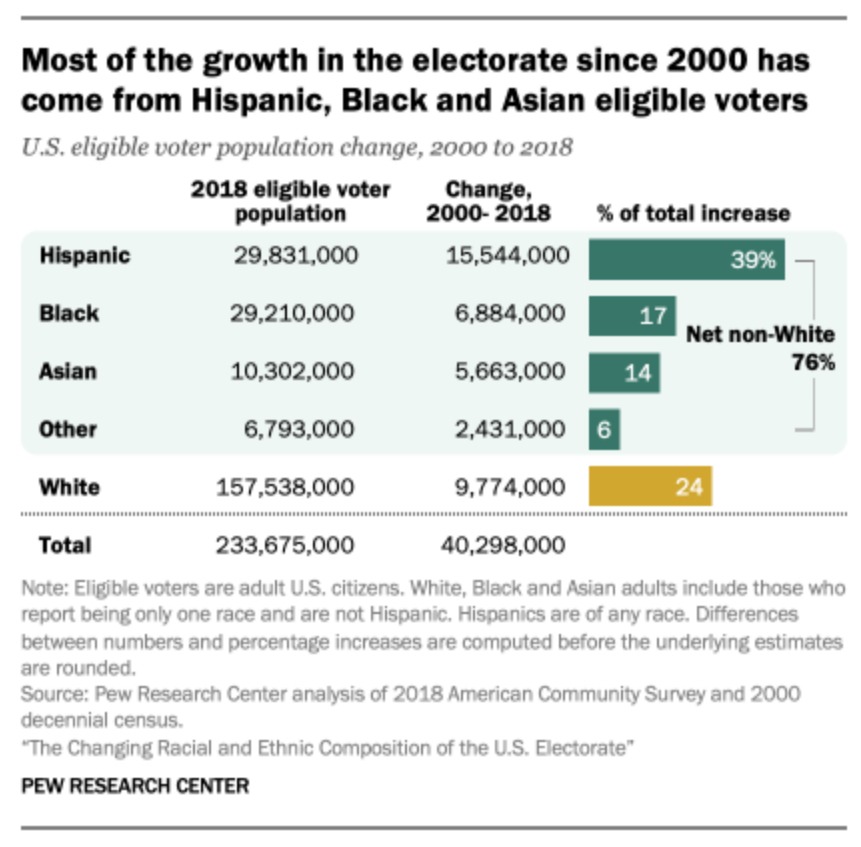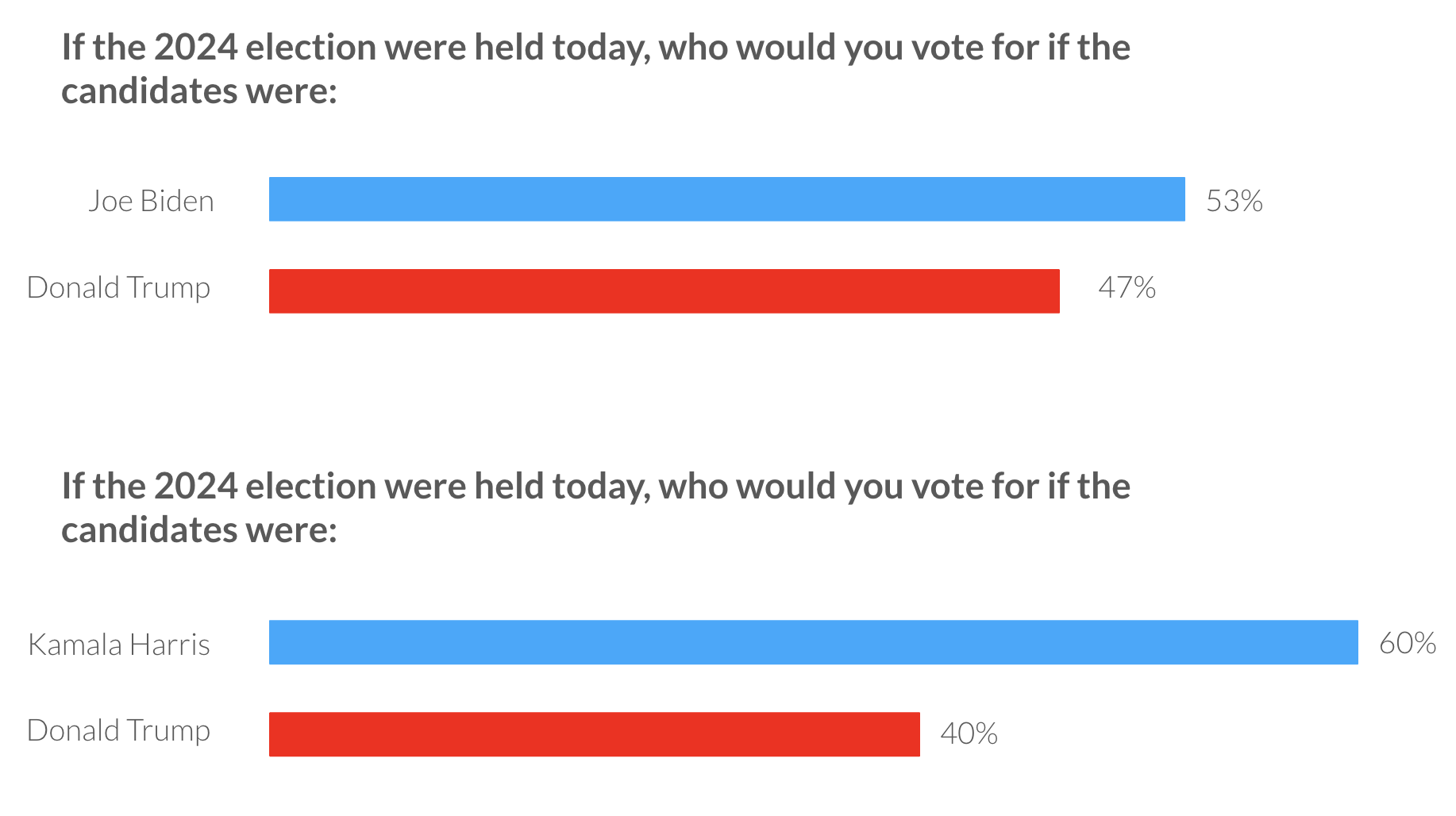The 2024 U.S. election has brought multiracial identity to the forefront of political discourse. Vice President Kamala Harris embodies a multifaceted narrative that resonates with millions of Americans who share her diverse background. From a Constructivist International Relations perspective, this moment highlights the role of social constructs in shaping political dynamics.
The Rise of Multiracial Identity: A Constructivist Approach
Constructivist theory in International Relations emphasizes that identities are not fixed but are socially constructed and constantly evolving through interactions and discourse. The surge in the number of people identifying as multiracial, as reflected in recent U.S. Census data, illustrates how societal changes and the redefinition of racial categories can transform individual and collective identities.

Multiracial Challenges and Opportunities: Identity as a Social Construct
Despite the increasing recognition of multiracial identities, the challenges faced by multiracial individuals highlight the contested nature of these identities. Constructivism teaches us that identity is not just an individual attribute but is also shaped by societal norms and expectations. In the case of Kamala Harris, former President Donald Trump’s remarks questioning her racial identity demonstrate how dominant narratives can seek to impose rigid definitions on complex identities (and at times in irrelevant contexts).
These challenges reflect broader societal struggles over the meaning and significance of race in America. Constructivist theory would argue that these struggles are part of the ongoing process of identity formation, where multiracial individuals and communities are actively engaged in redefining what it means to belong to multiple racial groups simultaneously.
The Role of Multiracial Voters: Constructing Political Agency
As multiracial voters navigate the 2024 election, they do so with a unique perspective shaped by their diverse identities. Constructivism emphasizes the importance of understanding how these voters construct their political agency in response to their social environment.
The Harris campaign’s efforts to engage with multiracial communities can be seen as an acknowledgment of the constructed nature of these identities and the need to resonate with the diverse experiences of multiracial voters. By addressing issues like healthcare access, educational equity, and criminal justice reform, the campaign seeks to align itself with the values and concerns of this growing demographic.

The 2024 U.S. election marks a significant moment for multiracial identity in American politics, viewed through a constructivist lens.
In this election, the conversation about multiracial identity extends beyond race to encompass broader questions of belonging, representation, and the vision of an inclusive society.
Summary of “A Historical Analysis of Racism Within the US Presidency: Implications for African Americans and the Political Process”
The article (on ncbi.nlm.nih.gov)examines the entrenched presence of racism within the U.S. presidency and its significant implications for African Americans. The authors begin by discussing President Donald Trump’s use of racist rhetoric, noting that such behavior is not unique to his administration but is deeply rooted in the history of the U.S. presidency (Clayton, Moore, & Jones-Eversley, 2021). Using Critical Race Theory (CRT) as a framework, the article argues that institutional racism has been a persistent feature of the presidency, influencing policy and societal structures throughout American history (Rascoe, 2018; Walton & Smith, 2021).
The article outlines how racism has shaped the actions and policies of various U.S. presidents, from George Washington to Donald Trump. For instance, many early presidents, including Washington and Jefferson, were slave owners, and their policies reflected the racial hierarchies of their time (Clayton et al., 2021). The authors contend that most presidents have either upheld or failed to challenge white supremacy, with only a few exceptions emerging in the latter half of the 20th century when some presidents began addressing African American concerns in more meaningful ways (Bonilla-Silva, 2014).
CRT is used to explore how racial progress in America is often tied to white self-interest. The article explains that many presidents supported civil rights only when it aligned with broader white interests, reflecting the broader societal dynamics of race and power (Bobo, 2017; Bell, 2008; Crenshaw et al., 1995). Furthermore, the article discusses the ongoing impact of presidential racism on voter suppression and disenfranchisement, particularly among African Americans, arguing that systemic racism remains deeply embedded in the highest levels of U.S. government (Graham, 2007; Rich, 2007; Riley, 1999).
The authors conclude that despite occasional advances, the presidency has largely maintained and reinforced racial inequalities throughout American history. They call for continued scrutiny and action to address these enduring issues (Jardina, 2019; Haney-Lopez, 2014; Sitkoff, 2008; Berman, 2015; Pieterse & Powell, 2016; Villeneuve, 2018).

Trump’s Confusion Over Harris’ Race
In the lead-up to the 2024 election, former President Donald Trump has made comments questioning Kamala Harris’s racial identity, specifically her mixed heritage as both Black and Indian American. Trump’s remarks, suggesting confusion over Harris’s identity, are not only inaccurate but also highlight a deeper misunderstanding of multiracial identity in America.
Race in a Diverse Society
Trump’s comments reflect an outdated notion that racial identity must be singular or easily categorized. In reality, America is a nation of diverse and intertwined identities, and the experience of being multiracial is becoming increasingly common. Kamala Harris’s background as the daughter of an Indian mother and a Jamaican father embodies this modern American story, where people often draw from multiple heritages to define themselves.
The insistence on questioning or simplifying Harris’s identity overlooks the complexities and richness of multiracial experiences. It also disregards the fact that many Americans see their own stories in Harris’s identity, which includes navigating different cultural backgrounds and creating a unique, multifaceted sense of self.
Why There are More Important Things in the Election
In the context of the 2024 election, what truly matters is not Harris’s racial background but her policies, leadership, and vision for the country.
Multiracial Americans, and indeed all voters, are more concerned with issues that affect their daily lives—healthcare, education, economic opportunity, and justice—than they are with the racial purity of their leaders.
Moreover, the focus on Harris’s race detracts from meaningful discussions about the pressing issues facing the nation. By fixating on her identity, detractors like Trump attempt to distract from the substantive debates that should define the election. However, voters are increasingly aware of these tactics and are more likely to respond to authentic leadership that addresses their concerns rather than divisive rhetoric.
Embracing Multiracial Identity as Strength
Kamala Harris’s multiracial identity should be seen as a strength, not a point of confusion.
It represents the diverse and evolving nature of American society and offers a broader perspective on the challenges and opportunities facing the nation. Her ability to connect with a wide range of communities and her understanding of different cultural contexts are assets that can enrich her leadership and decision-making.
As the nation continues to diversify, embracing leaders who reflect that diversity is crucial for building an inclusive and representative government. The focus should be on what Harris stands for and how she plans to lead the country, rather than on reductive questions about her racial identity.
In conclusion, the fixation on Kamala Harris’s racial background is a distraction from the real issues at hand.
What matters in this election are her plans for America and her ability to bring people together to address the country’s most pressing challenges.
The growing acceptance and celebration of multiracial identities in America signify a move towards a more inclusive future, where leaders like Harris are valued for their contributions and not questioned for their heritage.
References
- McGarvey, E. (2024, 4 agosto). Kamala Harris interviewing top vice-presidential contenders. https://www.bbc.com/news/articles/cyx559kvvnyo
- What Does It Mean to Be Multiracial? | BestColleges. (s. f.). BestColleges.com. https://www.bestcolleges.com/blog/what-is-multiracial/
- Contreras, & Galván. (s. f.). Trump attack on Harris comes as U.S. multiracial population exploding. Axios. https://www.axios.com/2024/08/03/trump-harris-biracial-identity-attack-history
- Clayton, D. M., Moore, S. E., & Jones-Eversley, S. D. (2021). A Historical Analysis of Racism Within the US Presidency: Implications for African Americans and the Political Process. Journal Of African American Studies, 25(3), 383-401. https://doi.org/10.1007/s12111-021-09543-5
- Saphiere, D. H. (2013, 5 septiembre). Dr. Carlos Cortés on Multicultural Identity. Cultural Detective Blog. https://blog.culturaldetective.com/2013/09/17/dr-carlos-cortes-on-multicultural-identity/
- Greenwood, S., & Greenwood, S. (2024, 14 abril). The Changing Racial and Ethnic Composition of the U.S. Electorate. Pew Research Center. https://www.pewresearch.org/social-trends/2020/09/23/the-changing-racial-and-ethnic-composition-of-the-u-s-electorate/
- Exclusive poll: Harris opens up early edge with young voters. (s. f.). Axios. https://www.axios.com/2024/07/25/poll-harris-biden-trump-young-voters









No responses yet